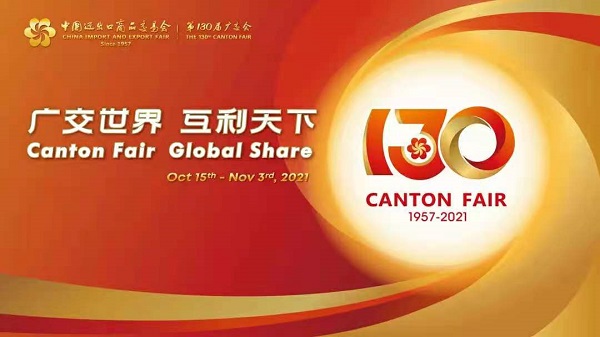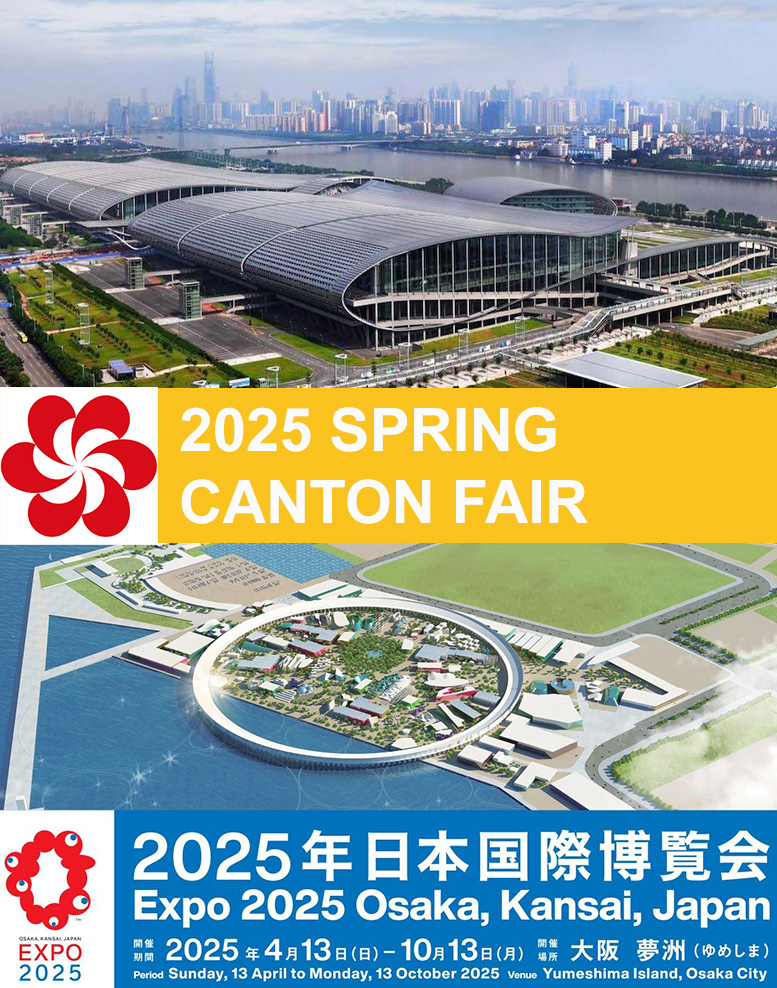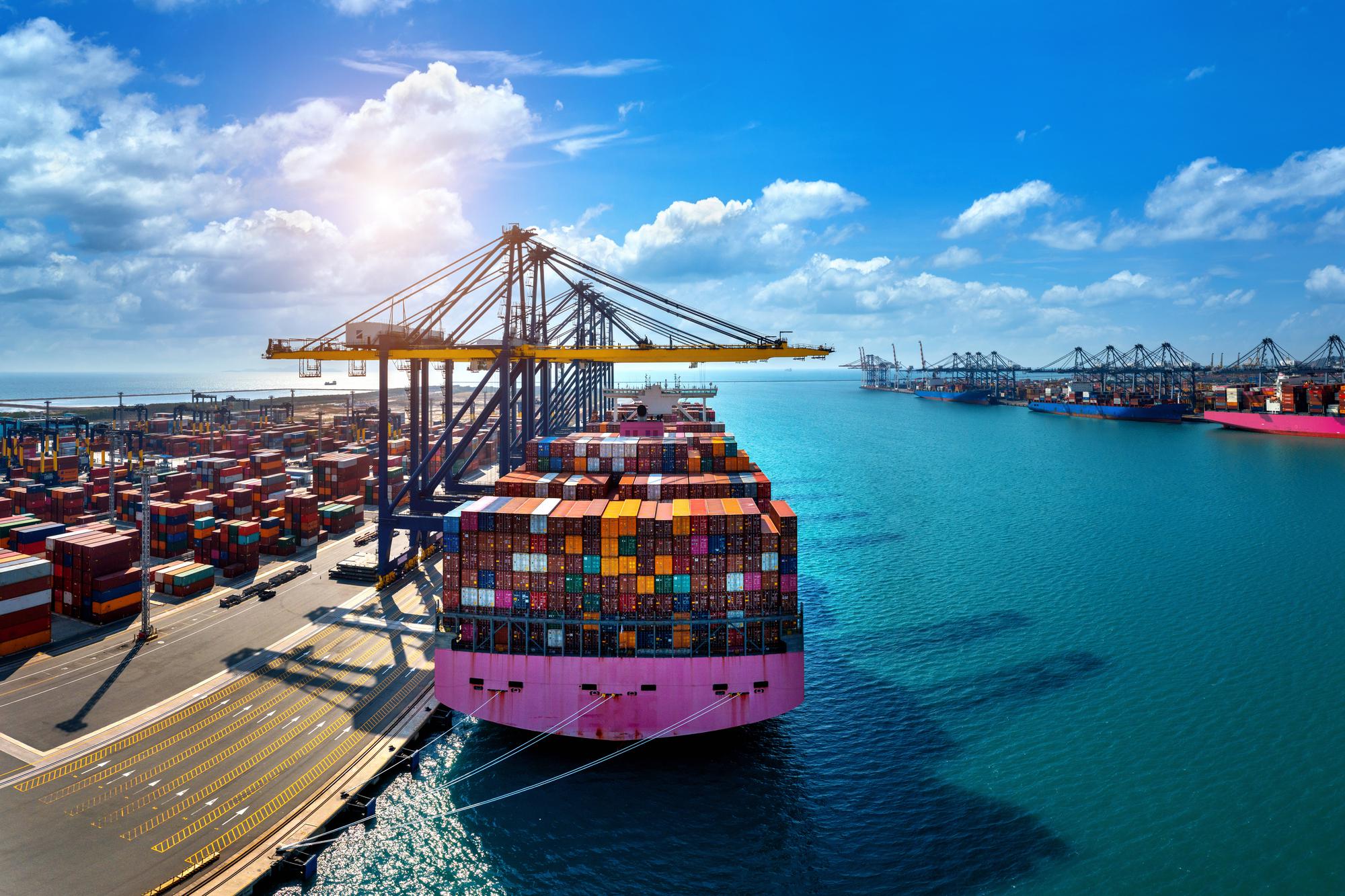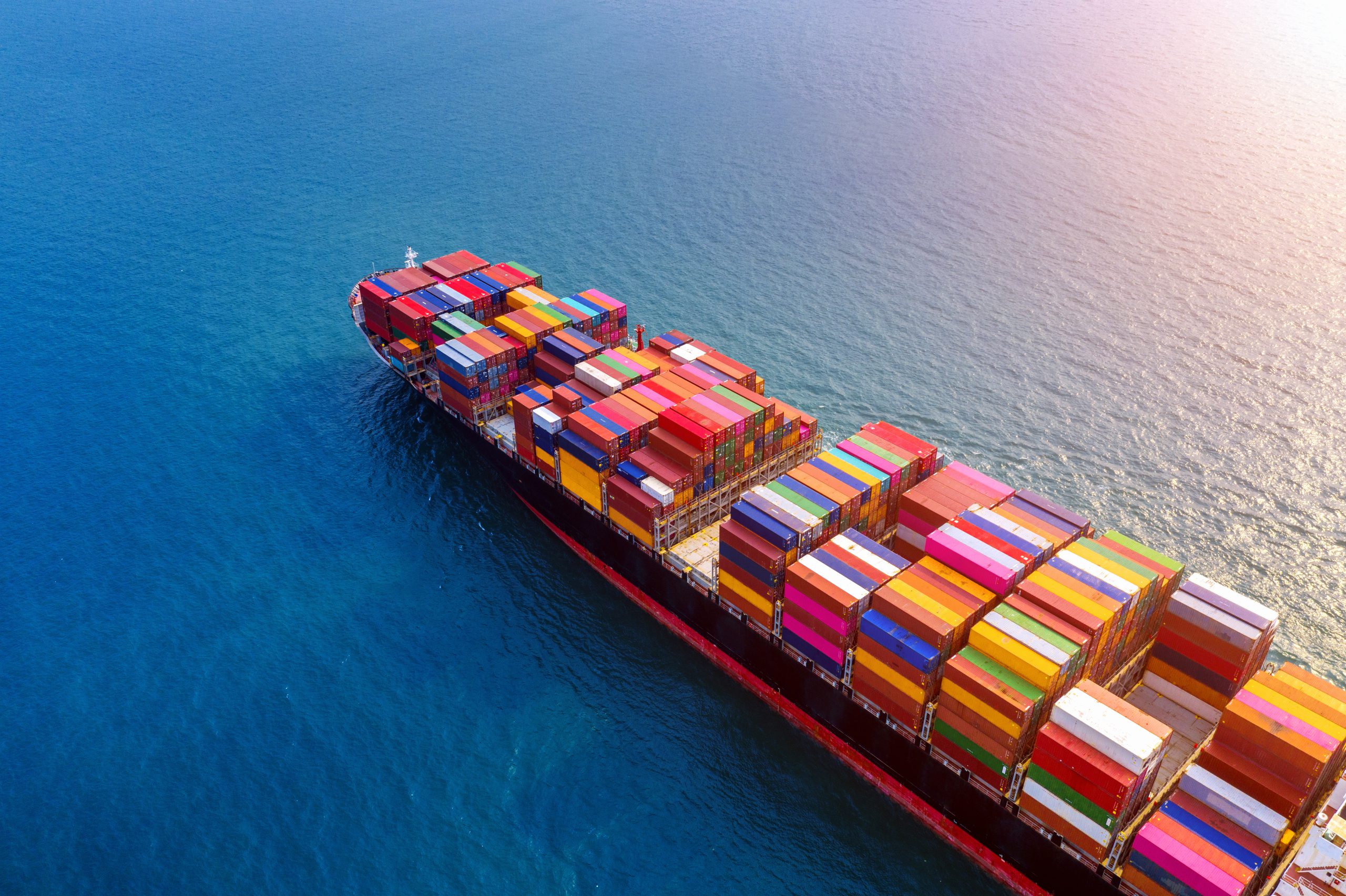The Canton Fair, officially known as the China Import and Export Fair, is one of the world’s largest trade events, attracting businesses and buyers from all over the globe. The 2021 Canton Fair, is holding in a hybrid format due to the ongoing global pandemic, offering both online and in-person exhibits, bringing together suppliers and buyers to engage in global trade opportunities. While the fair focus on showcasing a wide range of products, one critical theme that will emerge during the event is the growing emphasis on quality control (QC) in international trade.

Why Quality Control: a Key Focus in 2021
The COVID-19 pandemic has been disrupting global supply chains, pushing companies to rethink their sourcing strategies. During the 2021 Canton Fair, buyers from around the world raise concerns about product quality and reliability, especially in industries like electronics, textiles, and consumer goods. With many businesses struggling to maintain consistent quality levels due to supply chain disruptions, the need for robust quality control measures became a key discussion point.
As more buyers turn to virtual trade platforms, the challenge of ensuring product quality before shipping is increasing. Without the ability to inspect goods in person, international buyers placed greater importance on pre-shipment inspections, factory audits, and third-party quality control services to guarantee that suppliers could meet their quality standards.
Quality Control Trends Highlighted at the Canton Fair
1. The Rise of Third-Party QC Services:
One of the most notable trends at the 2021 Canton Fair is the increasing reliance on third-party QC providers to manage quality assurance on behalf of buyers. Companies such as Slorrie Quality-control Tasking(SQT) are widely recommended by exhibitors to buyers looking to verify the quality of products, especially when they could not physically inspect goods themselves.
2. Emphasis on Compliance and Certifications:
Buyers are particularly focused on whether suppliers adhered to international quality and safety standards, such as ISO certifications. Many suppliers showcased their compliance with ISO 9001 (quality management systems) and ISO 14001 (environmental management systems) to attract buyers concerned about sustainability and product safety.
3. Technology and Automation in QC:
With the growing use of automation in manufacturing, exhibitors at the fair are dean to highlight how advanced QC technologies such as AI-powered inspections, automated defect detection, and remote monitoring systems were being integrated into production processes. These technologies allow for more accurate and efficient QC procedures, helping suppliers maintain high quality standards despite production pressures.
The Role of Quality Control in Building Trust
In an event like the Canton Fair, where buyers are often sourcing new products and forming new partnerships, trust is paramount. Quality control plays a crucial role in building that trust, ensuring that the products delivered meet the expectations of international buyers. Factory audits were particularly popular among buyers at the fair, as they allowed for a deeper assessment of the supplier’s capabilities, including their ability to consistently deliver quality products.
Additionally, pre-shipment inspections—a service often arranged through third-party QC providers—helped mitigate the risks of defective or substandard goods being shipped. For international buyers who could not physically attend the fair, these QC measures were critical for providing reassurance and protecting their investment.
Quality Control Challenges During the Fair
Despite advancements in QC technologies and third-party services, several challenges are predited to persist during the 2021 Canton Fair:
• Supply Chain Disruptions: The pandemic continues to cause delays in raw materials and shipping, which impacts suppliers’ ability to meet quality standards and delivery timelines. Buyers are more cautious about quality risks caused by such disruptions.
• Virtual Trade Limitations: For many international buyers, the shift to virtual exhibitions creates difficulties in verifying product quality. While third-party inspections helped, the inability to directly engage with products in person led to increased reliance on sample testing and remote factory audits.
Looking Ahead: The Future of Quality Control in Global Trade
The 2021 Canton Fair highlights the evolving role of quality control in global trade. As businesses continue to navigate post-pandemic challenges, it’s clear that QC will remain a top priority for both buyers and suppliers. The lessons learned during the pandemic—such as the importance of flexibility in QC processes and the need for reliable third-party inspections—will continue to shape the way international trade operates in the years to come.
In a world where product quality can make or break business relationships, quality control remains the foundation for successful global trade. The Canton Fair showcased how companies that prioritize QC are better positioned to thrive in this competitive and uncertain market.








